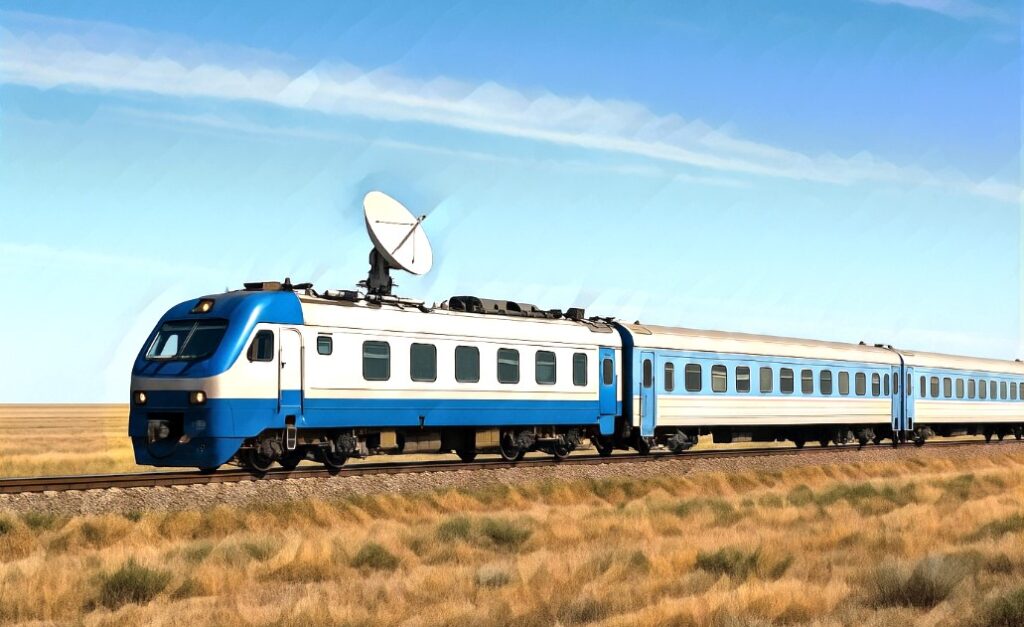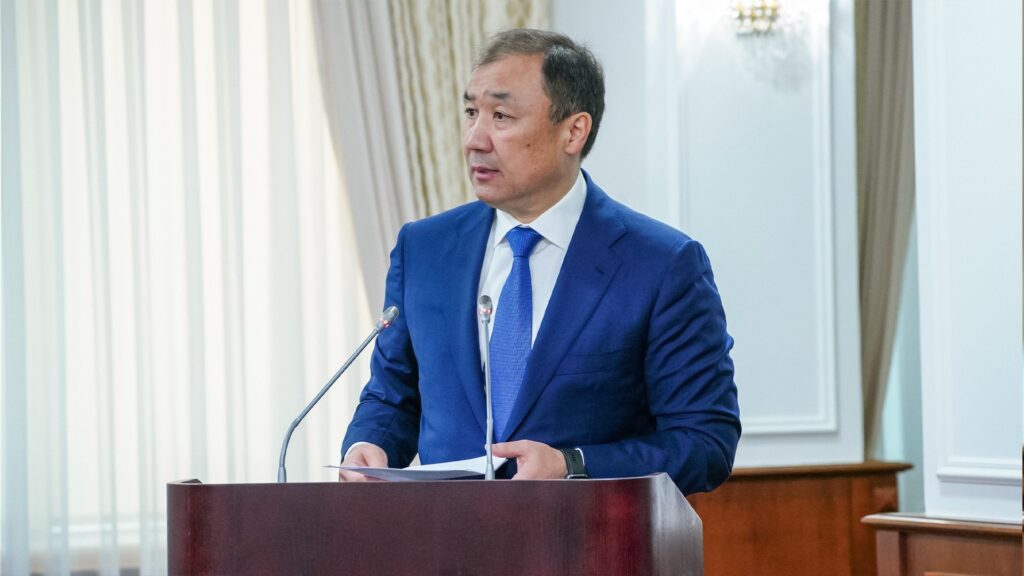Uzbekistan and Russia have taken a significant step toward the practical implementation of the long-envisioned Trans-Afghan railway project, which aims to connect Central Asia to Pakistan via Afghanistan. The transport ministries of both countries, along with Russian Railways and the Uzbek national railway company, Uzbekistan Temir Yollari, have signed documents formalizing the start of the project’s development phase.
According to Russia’s Ministry of Transport, the two countries will jointly develop a feasibility study in 2025, assessing freight traffic forecasts and economic viability. Two potential routes have been proposed:
- Route 1: Mazar-e-Sharif – Herat – Dilaram – Kandahar (Afghanistan) – Chaman (Pakistan)
- Route 2: Termez (Uzbekistan) – Naibabad (Afghanistan) – Logar (Afghanistan) – Harlachi (Pakistan)
Further discussions involving Pakistan Railways and an Afghan delegation are scheduled for the Russia-Islamic World Forum in the Russian city of Kazan on May 15-16.
Uzbekistan, which already maintains a direct rail connection to Afghanistan, continues to position itself as a logistics hub for trade between Russia, Central Asia, South Asia, and beyond. In January 2025, Tashkent extended its contract with the Taliban-led government in Afghanistan to operate and maintain the Hairaton to Mazar-e-Sharif railway — a vital segment of the broader China-Kyrgyzstan-Uzbekistan-Afghanistan corridor.
The corridor’s significance is expected to grow upon completion of the China–Kyrgyzstan–Uzbekistan railway. Currently, Central Asia’s rail links to China are limited to routes transiting Kazakhstan.
In a major development on April 17, Russia’s Supreme Court lifted its 2003 ban on the Taliban, having until then designated the group a terrorist organization. The decision, formally allowing Russian state institutions to engage with the Taliban, opens the door to deeper trade and infrastructure cooperation. Russian Deputy Prime Minister Alexei Overchuk stated that this policy shift will facilitate the promotion of Russian exports and the realization of Afghanistan’s transport and logistics potential.
Uzbekistan has pursued a consistent policy of engagement with Afghanistan, emphasizing economic cooperation over isolation. In October 2024, Abdul Ghafar Terawi began his tenure as the head of the Taliban-led Afghan diplomatic mission in Tashkent.
Speaking at the 79th session of the UN General Assembly in September 2024, Uzbek Foreign Minister Bakhtiyor Saidov reaffirmed Uzbekistan’s commitment to regional stability. “Afghanistan is an integral part of Central Asia,” Saidov told the Assembly. “Addressing the Afghan issue is essential for ensuring sustainable development across the region”.
He praised Uzbekistan’s role in implementing the Trans-Afghan railway, which he said would offer landlocked Central Asian economies access to international ports. “This will positively impact the economic development of the entire region,” Saidov noted.








